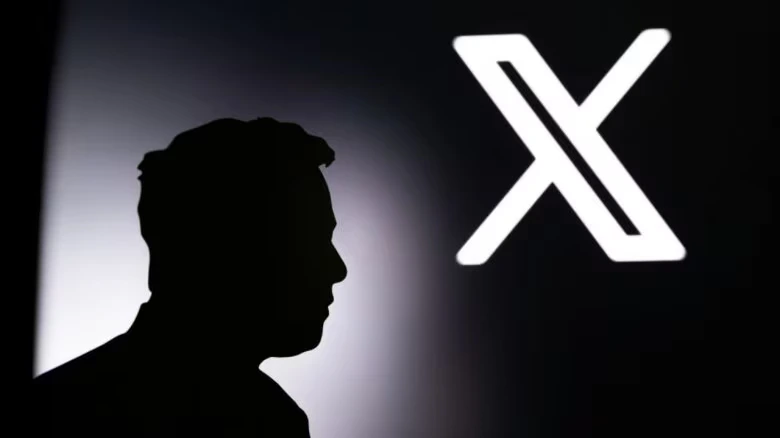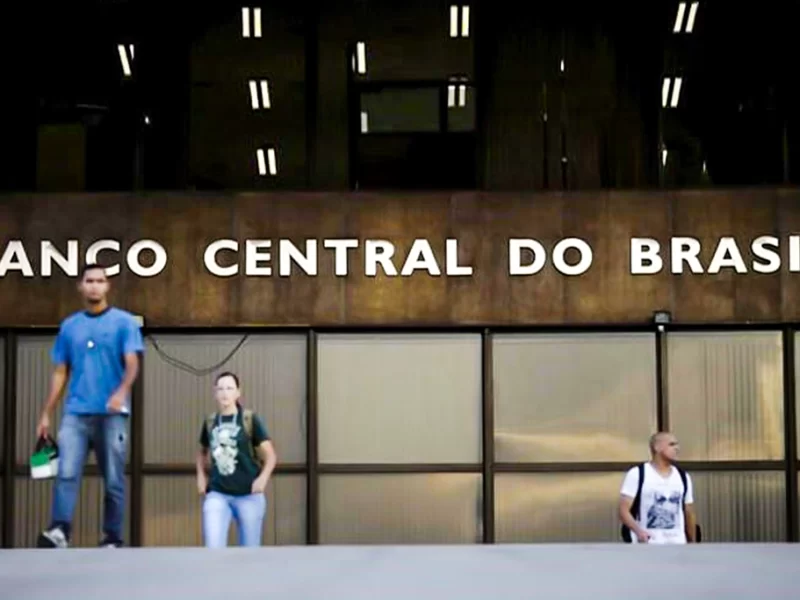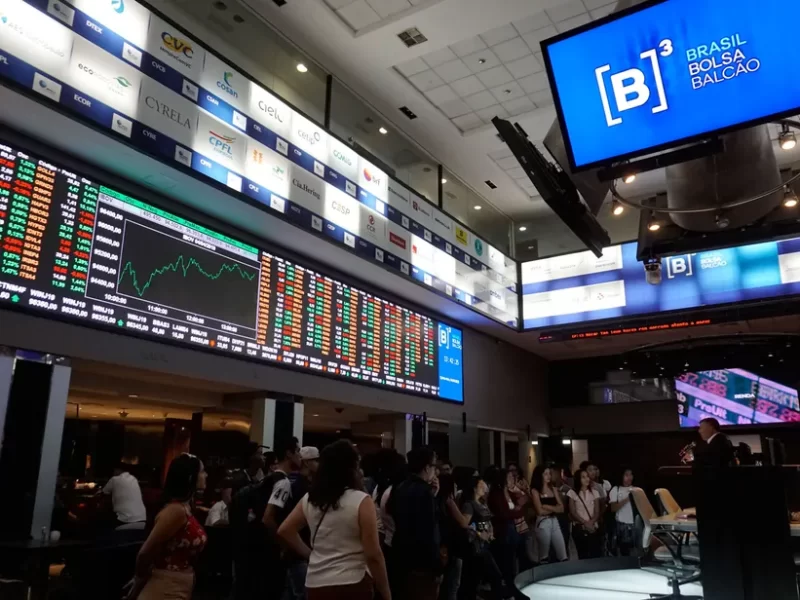In a surprising turn of events, Elon Musk’s social media platform X found a clever way to circumvent Brazil’s nationwide ban.
The tech mogul’s team implemented a software update that used Cloudflare’s services, effectively bypassing the court-ordered blockade.
Additionally, this digital maneuver came after months of tension between Musk and Brazilian Supreme Court Justice Alexandre de Moraes.
The judge had ordered the suspension of X due to Musk’s refusal to remove some accounts and appoint a legal representative in Brazil.
The update used dynamic IP addresses, making it challenging for internet providers to block access to X. This technical solution allowed many Brazilian users to regain access to the platform without using a VPN.


The Association of Internet and Telecommunication Providers of Brazil (Abrint) explained the complexity of the situation.
In addition, they noted that blocking X could now potentially affect other legitimate services that share the same IP addresses.
The conflict began in April when de Moraes ordered the suspension of accounts accused of spreading disinformation. Musk, a self-proclaimed “free speech absolutist,” criticized the actions as censorship, escalating the dispute.
The clash between de Moraes and Musk
As the clash intensified, de Moraes took additional measures. He has frozen the assets of X and Musk’s satellite internet company, Starlink, to ensure payment of the accumulated fines.
Musk’s answer was definitive. He called de Moraes a “dictator” and threatened to close X’s Brazilian office. The move violated Brazilian law, which requires foreign companies to maintain local representation.
Overriding the ban reignites the debate over freedom of expression and the limits of judicial authority in the digital age. He highlighted the challenges governments face in regulating global technology platforms.
Brazilian President Luiz Inácio Lula da Silva emphasized that foreign companies must respect Brazilian laws. However, former president Jair Bolsonaro welcomed X’s return, calling it a victory for democracy.
The situation remains fluid, with Brazilian authorities considering their next steps. Internet service providers are waiting for clear instructions from the national telecommunications agency, Anatel.
This episode highlights the complex interplay between technology, law, and free speech. It demonstrates how innovative technology solutions can challenge the traditional legal framework.
As the dust settles, questions remain about the long-term implications of this digital game of cat and mouse. Will other tech companies follow Musk’s lead? How will governments respond to such technological solutions?
Saga X in Brazil serves as a cautionary tale. It illustrates the need for a balanced approach to regulating online platforms while preserving freedom of expression.



